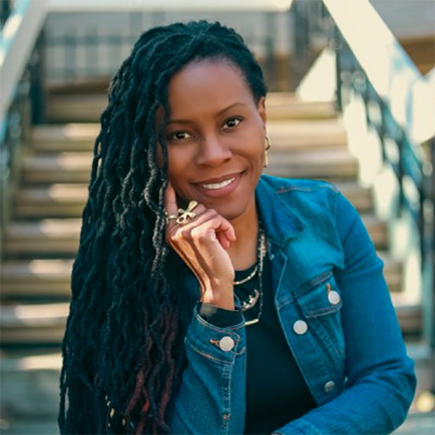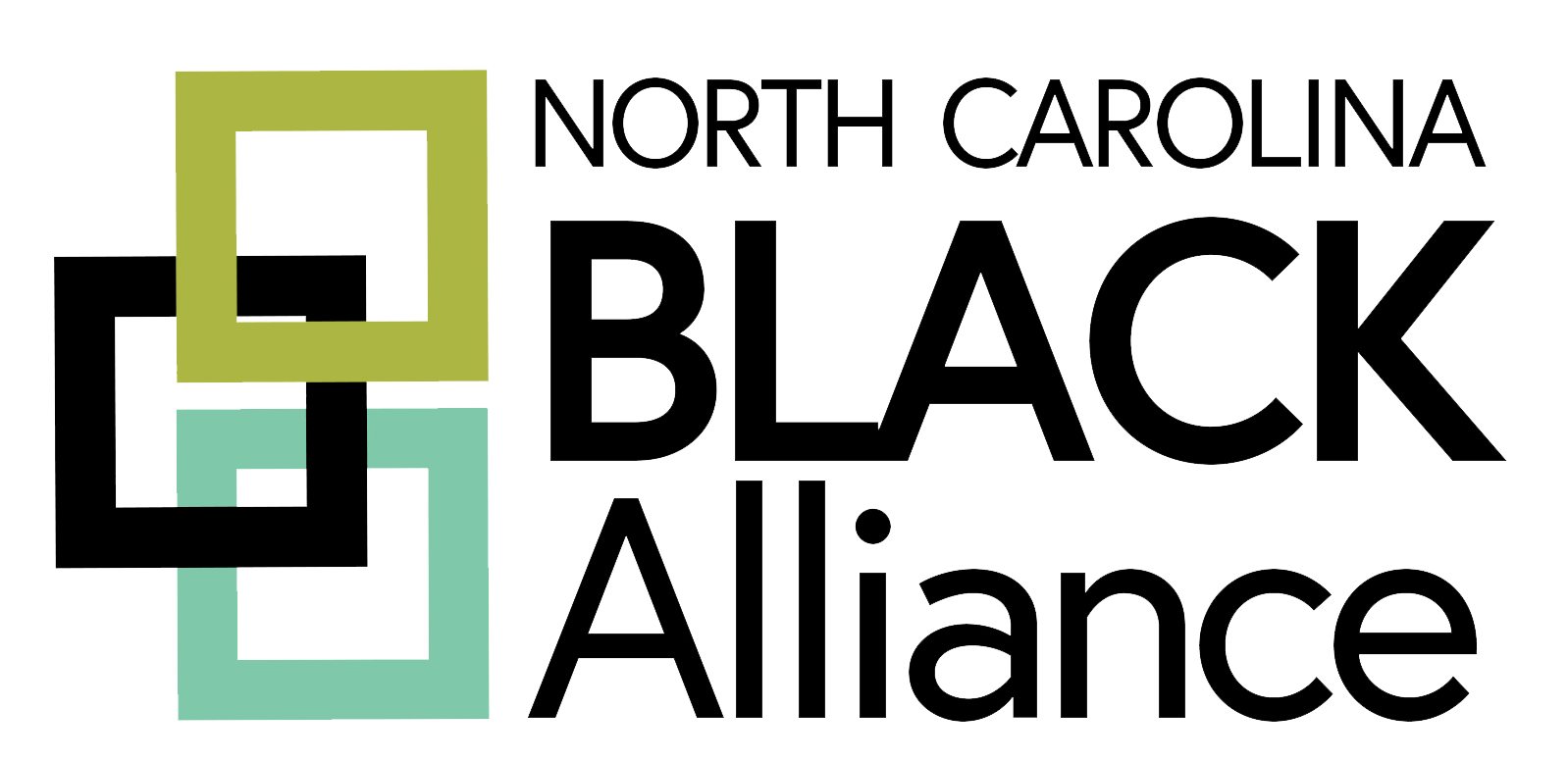Moving from Certainty to Curiosity
“There are only two things you must do in life. You must die, and you must live until you die. You make up all the rest.” ~ Author Unknown
I wish I knew the author of the quote above. I’d like to sit with them and discuss the idea of certainty. I believe I’d appreciate listening to their in-depth philosophy concerning the prideful attitude that humanity has towards many things. Have you ever thought about how “certain” we are about the details of life; …how we make assumptions about the people and places we encounter, and sometimes draw conclusions without questioning our limitations?
Personally, when I look at the world, it seems consumed with humans who know it all. Many are certain that their views are undisputable; they are self-assured. Now, let me be clear, certainty isn’t a terrible concept. After all, it’s driven by confidence. It’s when we believe something is definite and true. I simply contend that “concrete” certainty raises a challenging question: could our understanding be broadened if we allowed certainty to become inferior to curiosity? I believe we know what we know, but curiosity forces us to embrace the unknown with a sense of wonder.
I love reading challenging books. For me, writings that provide constructive criticism to our thinking offer reflective growth. When considering curiosity and certainty, Heen, Patton, and Stone (2000) suggest, “there’s only one way to come to understand the other person’s story, and that’s by being curious. Instead of asking yourself, “How can they think that?!” ask yourself, “I wonder what information they have that I don’t?” Instead of asking, “How can they be so irrational?” ask, “How might they see the world such that their view makes sense?”
Certainty locks us out of their story; curiosity lets us in” (p. 37). I was drawn by these words because I contend that the work of addressing policy and economic issues must include the reduction of certainty and assumption. Moreover, advocates, community workers, and activists must heighten their spirit of inquiry. We are most productive when we respect and value realities beyond ourselves.
In the Acts of the Apostles, chapter one, verses six and seven, we read:
“When they, therefore, were come together, they asked of him, saying, Lord, wilt thou at this time restore again the kingdom to Israel? And he said unto them, it is not for you to know the times or the seasons, which the Father hath put in his own power.”
In this text, the disciples thought that the kingdom of God should appear immediately before the Passion. They were curious about the happenings connected to Jesus. Each of them was full of expectation, their minds thinking of a temporal kingdom to be erected by Christ. Inquisitiveness kept them open to possibilities. They wondered about that which Jesus never encouraged them to seek. Though they were rebuked by Jesus, their childlike query led to a greater understanding of human limitation and God’s sovereignty. This story should compel us to advance towards an attitude of wonderment and awe. When we convene to strategize for purposes of addressing health, educational, economic, and environmental issues, we can approach “the table” with a sense of curiosity.
May we be receptive to talking points that grow our understanding of the diversity among us. Humility must enter each space we occupy so that curiosity is present in places where we feel most confident. So, reader, what don’t you know?
Reference
Heen, S., Patton, B. & Stone, D. (2000). Difficult Conversations: How to Discuss What Matters Most. Penguin Books.

Rev. Telika McCoy, Ph.D.
Faith Engagement Team Contributor
